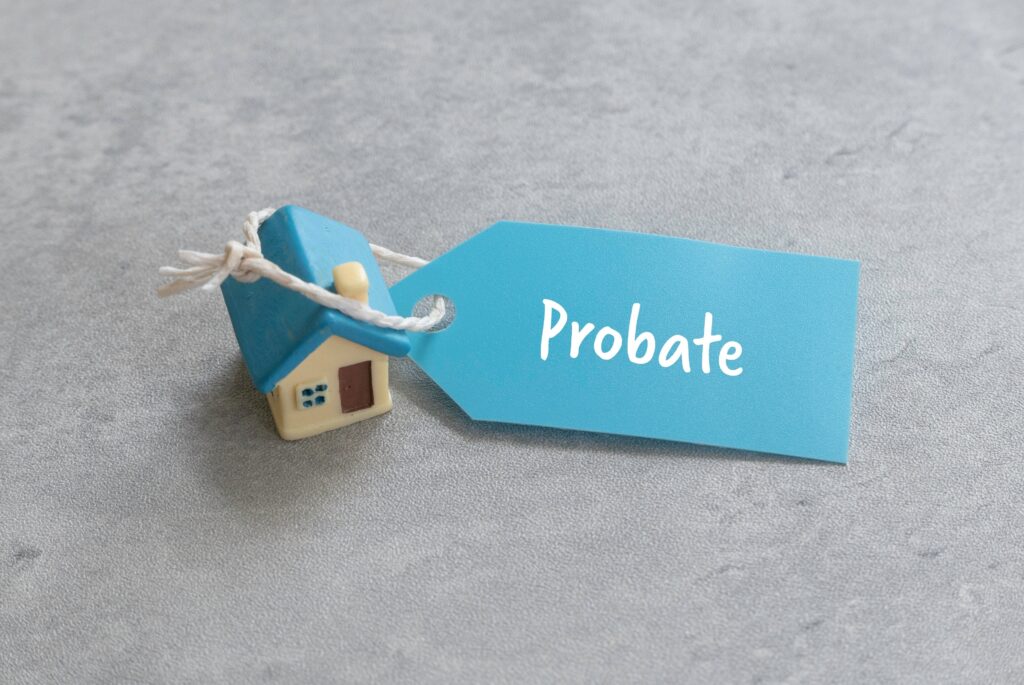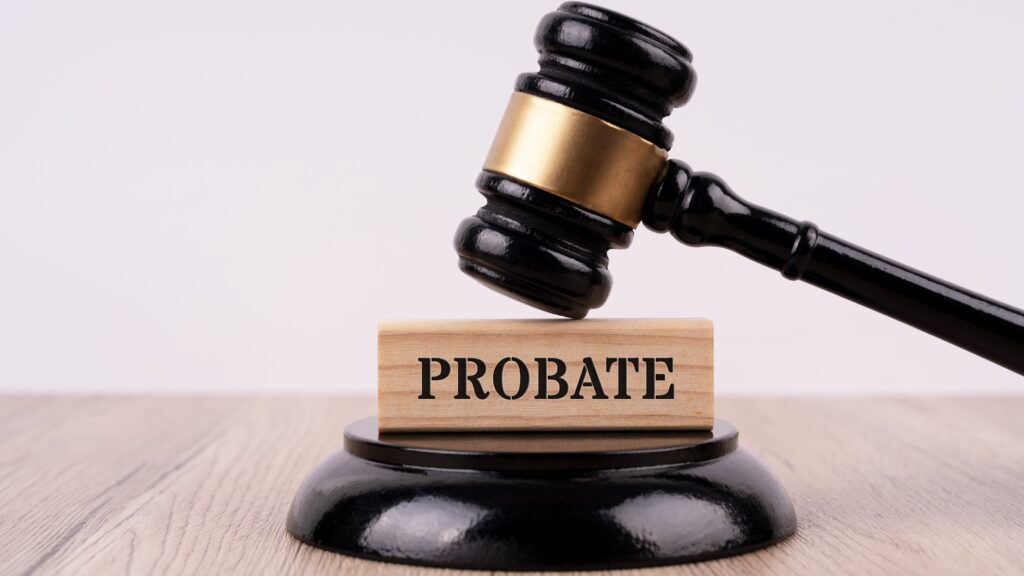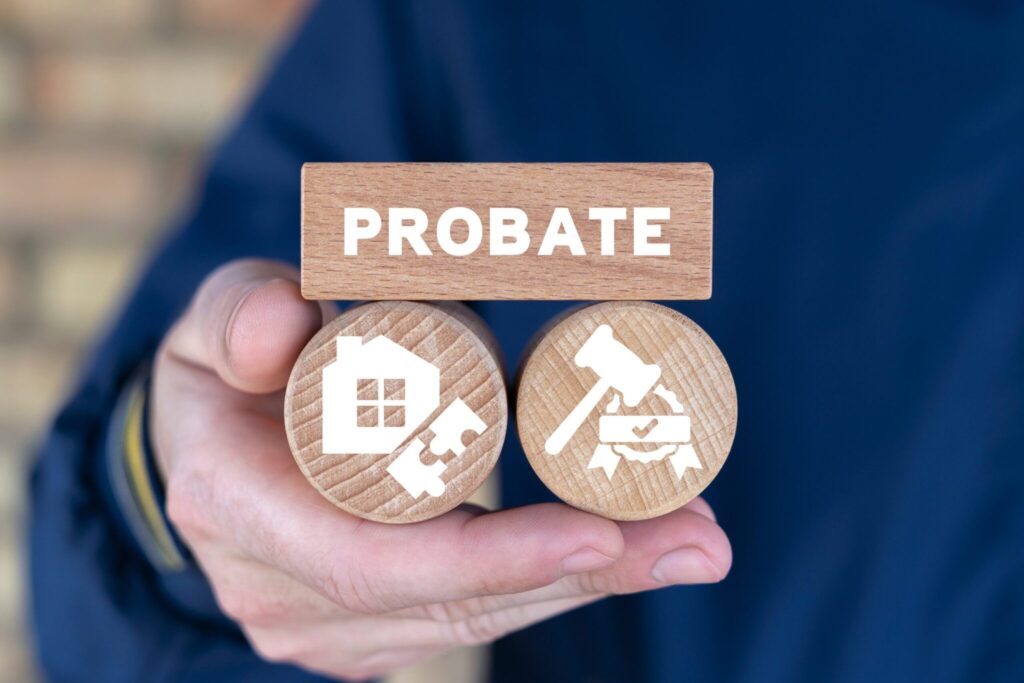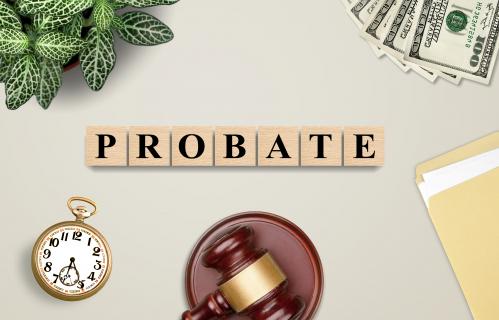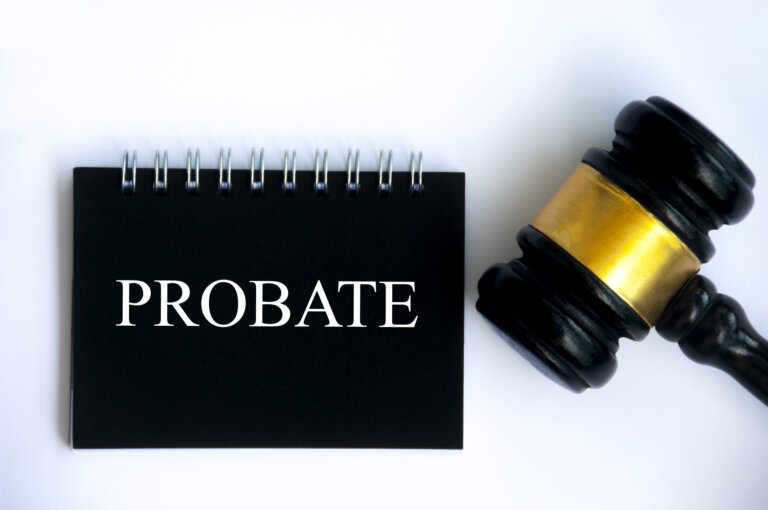Common Myths About Probate in Texas: Debunking Misconceptions
Many people hold misconceptions about the probate process in Texas, often believing it to be a lengthy and complicated ordeal. In reality, while probate can take time, understanding the process can simplify it significantly. Common myths include the idea that all estates must go through probate or that probate is always expensive.
For instance, not all assets require probate; certain assets, like those held in a trust or joint accounts, can bypass the process entirely. Additionally, the costs associated with probate can vary widely depending on the estate's complexity and the attorney's fees, which can be managed with proper planning.
Understanding Texas Probate Laws: Key Regulations You Should Know
Texas probate laws govern the process of administering a deceased person's estate, and understanding these laws is crucial for executors and beneficiaries. Key regulations include the necessity of filing a will within four years of the death and the types of probate procedures available, such as independent administration and dependent administration.
Moreover, Texas law allows for simplified probate procedures for smaller estates, which can expedite the process and reduce costs. Knowing these regulations can help families navigate the probate process more effectively and ensure compliance with state laws.
The Role of an Executor in Texas Probate: Responsibilities and Duties
The executor plays a vital role in the Texas probate process, acting as the person responsible for managing the deceased's estate. Their duties include gathering assets, paying debts, and distributing the remaining assets to beneficiaries as per the will or Texas intestacy laws.
Additionally, an executor must file the necessary documents with the court and ensure all legal obligations are met during the probate process. This responsibility can be overwhelming, which is why many executors seek legal assistance to navigate the complexities involved.
Alternatives to Probate in Texas: Exploring Other Options
While probate is a common method for settling an estate, there are alternatives available that can save time and money. Options such as living trusts, joint ownership, and transfer-on-death deeds allow assets to pass outside of probate, streamlining the transfer process.
For example, a living trust can hold assets during a person's lifetime and automatically transfer them to beneficiaries upon death, avoiding the probate process entirely. Exploring these alternatives can provide families with more efficient ways to manage and distribute their loved one's estate.
Common Myths About Probate in Texas: Debunking Misconceptions
Many people hold misconceptions about the probate process in Texas, often believing it to be a lengthy and complicated ordeal. In reality, while probate can take time, understanding the process can simplify it significantly. Common myths include the idea that all estates must go through probate or that probate is always expensive.
For instance, not all assets require probate; certain assets, like those held in a trust or joint accounts, can bypass the process entirely. Additionally, the costs associated with probate can vary widely depending on the estate's complexity and the attorney's fees, which can be managed with proper planning.
Understanding Texas Probate Laws: Key Regulations You Should Know
Texas probate laws govern the process of administering a deceased person's estate, and understanding these laws is crucial for executors and beneficiaries. Key regulations include the necessity of filing a will within four years of the death and the types of probate procedures available, such as independent administration and dependent administration.
Moreover, Texas law allows for simplified probate procedures for smaller estates, which can expedite the process and reduce costs. Knowing these regulations can help families navigate the probate process more effectively and ensure compliance with state laws.
The Role of an Executor in Texas Probate: Responsibilities and Duties
The executor plays a vital role in the Texas probate process, acting as the person responsible for managing the deceased's estate. Their duties include gathering assets, paying debts, and distributing the remaining assets to beneficiaries as per the will or Texas intestacy laws.
Additionally, an executor must file the necessary documents with the court and ensure all legal obligations are met during the probate process. This responsibility can be overwhelming, which is why many executors seek legal assistance to navigate the complexities involved.
Alternatives to Probate in Texas: Exploring Other Options
While probate is a common method for settling an estate, there are alternatives available that can save time and money. Options such as living trusts, joint ownership, and transfer-on-death deeds allow assets to pass outside of probate, streamlining the transfer process.
For example, a living trust can hold assets during a person's lifetime and automatically transfer them to beneficiaries upon death, avoiding the probate process entirely. Exploring these alternatives can provide families with more efficient ways to manage and distribute their loved one's estate.


